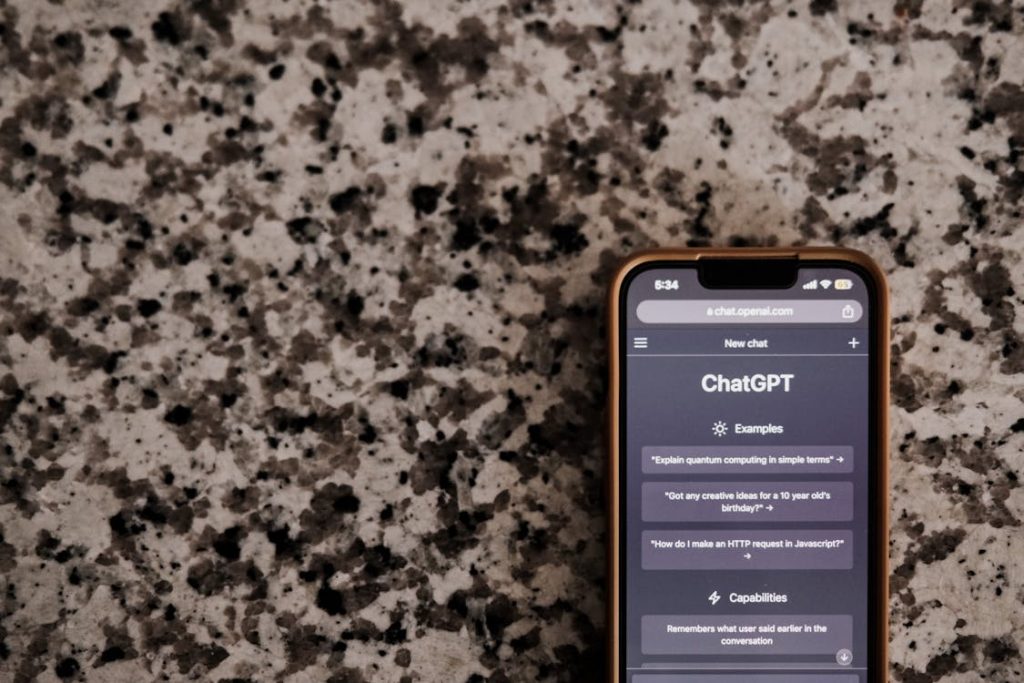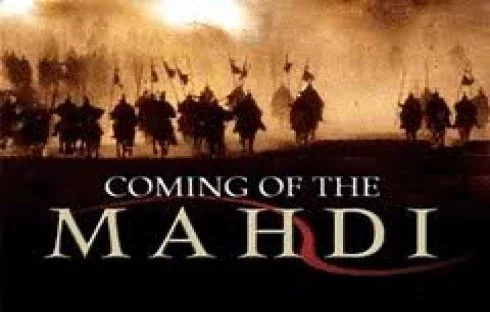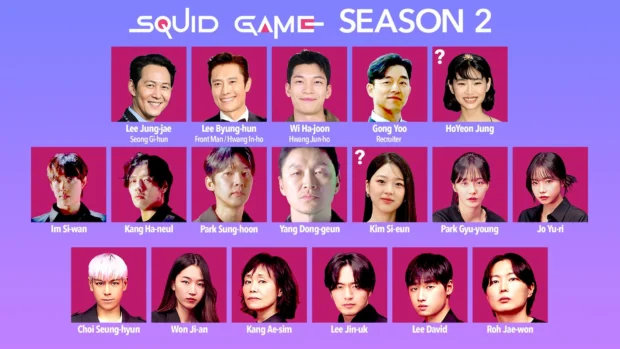
In the realm of AI-powered conversational technology, ChatGPT has undeniably made its mark. Yet, a myriad of formidable alternatives stands poised to offer users diverse experiences and functionalities. As someone deeply entrenched in the realm of AI testing, I’ve traversed this landscape and unearthed some of the most compelling ChatGPT alternatives.
1. **Claude Elevating Conversations to New Heights**
Claude 3 emerges as a standout among its peers, boasting human-like conversational prowess and an impressive knack for reasoning and persuasion. Its expansive context window, stretching up to a million for select use cases, amplifies its utility, especially with its recent integration of vision capabilities. While lacking image generation prowess, Claude 3 excels in crafting prompts for image generators like Midjourney, alongside its adeptness in coding tasks.
2. **Google Gemini: Where Innovation Meets Accessibility**
Formerly known as Bard, Google’s Gemini ushers in a new era of conversational AI, backed by robust language models and seamless integration with Google’s ecosystem. Despite initial moderation challenges, Gemini offers a friendly demeanor and access to a wealth of Google services, from search results to Maps and Gmail. With Gemini Ultra on the horizon, its potential for innovation remains boundless.
3. **Microsoft Copilot: A Versatile Companion Across Platforms**
Microsoft Copilot, a culmination of iterative developments, epitomizes seamless integration across Microsoft’s suite of products. Powered by OpenAI’s GPT-4-Turbo, Copilot embodies a synergy of creativity and accuracy, tailored for diverse user needs. Its array of features, from custom chatbot creation to image manipulation via DALL-E, renders it indispensable in both personal and enterprise settings.
4. **Perplexity: Bridging Conversations and Knowledge Retrieval**
Marketed as an alternative to Google, Perplexity transcends traditional chatbot functionalities, offering conversational engagement coupled with comprehensive access to a plethora of information sources. Its seamless integration with various AI models and structured search results akin to Google’s enrich its utility, making it a potent tool for research endeavors.
5. **Pi by Inflection AI: A Refreshing Blend of Personality and Utility**

Pi stands out for its engaging conversational style and user-friendly interface, fostering natural interactions and threaded discussions. While not the most powerful, its charm lies in its personable approach and attentiveness to user queries, coupled with thoughtful insights and prompts spanning diverse topics.
6. **Grok: Embracing Minimalism with Maximum Impact**
Grok, championed by Elon Musk and deeply integrated into the X social network, embodies a minimalist ethos yet packs a punch with its directness and openness. Its integration with X’s Explore feature amplifies its reach, while its less restrictive guardrails and acknowledgment of nuanced conversational cues set it apart in the AI landscape.
7. **MetaAI: Open Source Innovation Redefined**
MetaAI, powered by the open-source Llama 2 model, epitomizes the democratization of AI technology, offering accessibility and customization to developers and users alike. With plans to integrate Llama 3, MetaAI envisions a future where virtual assistants redefine user experiences across platforms, from smart glasses to social media.
In a landscape teeming with innovation, each ChatGPT alternative brings its own unique blend of features and capabilities, catering to diverse user preferences and requirements. As the AI conversation continues to evolve, these alternatives stand as testament to the boundless potential of conversational technology.




















Be the first to leave a comment